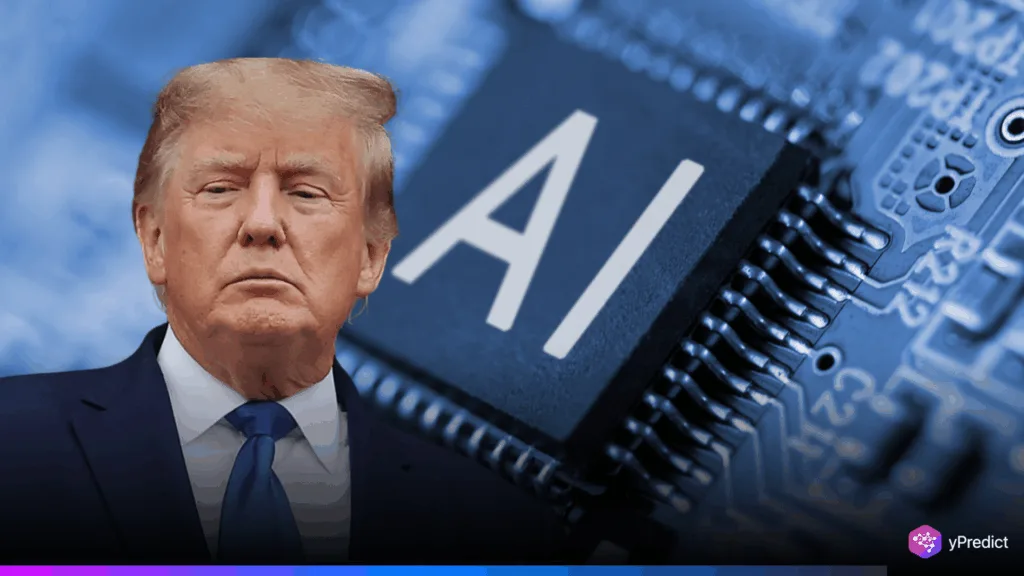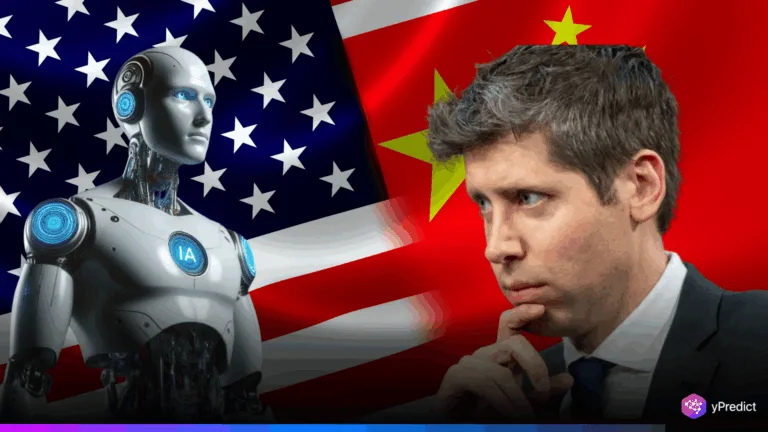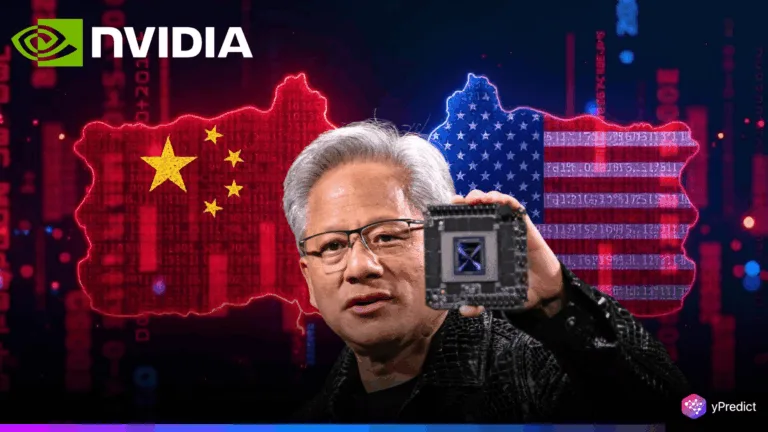
In a major shift in US technology policy, the Trump administration plans to lift Biden-era global export limits on AI chips. This move aims to protect national security while fostering American innovation. Several administration officials confirmed the change just days before the May 15 deadline to enforce the previous restrictions.
The Department of Commerce is leading the new framework, replacing the three-tiered classification system with a more precise, risk-based approach. This change will reduce regulatory complexity and enhance operational flexibility for the tech industry.
U.S. Seeks Balance Between Security and Innovation
Bloomberg reports that the United States is set to revise its AI chip export laws, which were originally imposed under the Biden administration. The current policy categorizes countries into three tiers based on access to advanced semiconductors, which has faced significant backlash. Critics argue that the regulations are overly broad, damaging the global competitiveness of U.S. companies and straining relationships with important allies like India, Israel, and Vietnam.
Therefore, in response to concerns, the Trump administration plans to amend key aspects of the policy. Sources indicate the government will not enforce the current structure on May 15. Instead, it is developing new regulations that prioritize bilateral negotiations with countries like Saudi Arabia and the UAE, moving away from the three-tiered model.
A Department of Commerce spokesperson said in a statement,
The Biden AI rule is overly complex, overly bureaucratic, and would stymie American innovation. We will be replacing it with a much simpler rule that unleashes American innovation and ensures American AI dominance.
Originally intended to prevent China from acquiring advanced AI chips for military use, the ban later extended to U.S. allies. This move prompted backlash from companies like Nvidia and AMD, who warned it could stifle American innovation. Introduced in January at the end of Biden’s term, the policy aimed to preserve U.S. AI leadership by regulating chip exports. It allowed unrestricted access for Tier 1 countries, limited access for Tier 2, and banned exports to Tier 3 nations, including China, Russia, Iran, and North Korea.
Industry Applauds Move Amid Market Rebound
Chipmakers and AI hardware experts have praised the administration’s plan to ease global export restrictions. Nvidia’s shares rose by 3%, while the Philadelphia Semiconductor Index rose 1.7%, reflecting optimism about increased market access.
Nvidia and other tech companies had expressed concerns that Biden-era regulations could hinder market growth and research collaboration. Industry groups have called for a more balanced approach that considers security and innovation. A Nvidia spokesperson said in a statement that,
We welcome the Administration’s leadership and new direction on AI policy. With the AI Diffusion Rule revoked, America will have a once-in-a-generation opportunity to lead the next industrial revolution and create high-paying US jobs, build new US-supplied infrastructure, and alleviate the trade deficit.
Moreover, Nvidia opposed stricter U.S. export limits and supported removing the AI dispersion regulation, arguing that it would push third-party countries closer to China. CEO Jensen Huang also contended that U.S. companies should be allowed to sell to China, as the Chinese AI chip industry is projected to surpass $50 billion in the coming years.
Conclusion
The policy revision comes amid rising global AI competition, with China investing heavily in chip manufacturing and AI research to reduce reliance on U.S. technology. The Trump administration shifts toward targeted enforcement, prioritizing strategic oversight over broad restrictions. President Trump will address AI trade rules during his Middle East visit, underscoring the growing role of AI chips in global relations and defense strategy.







